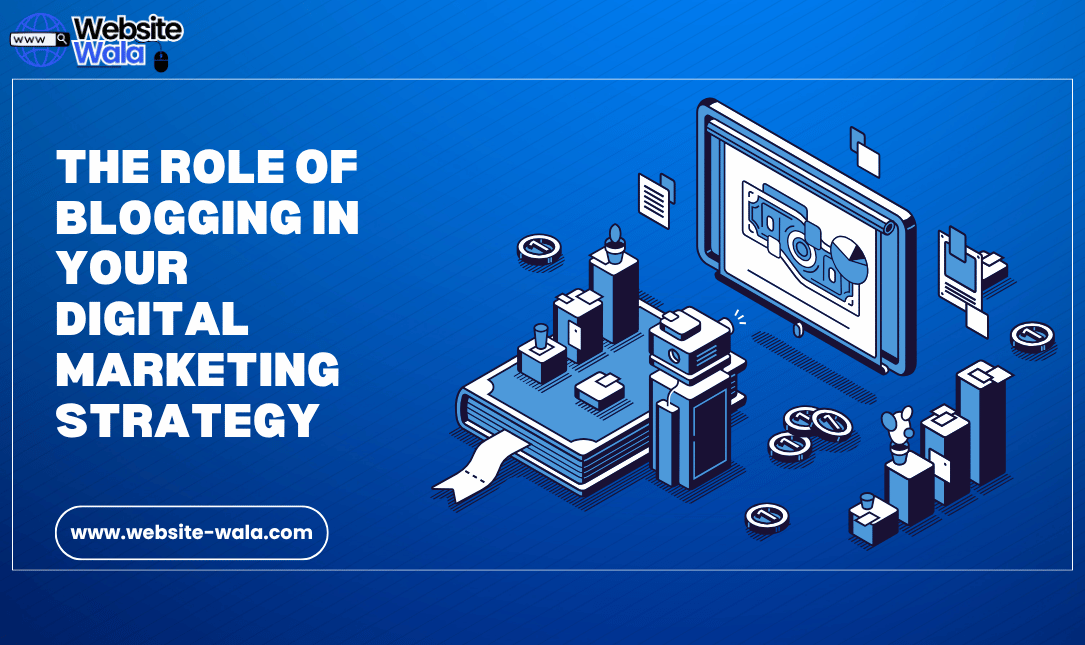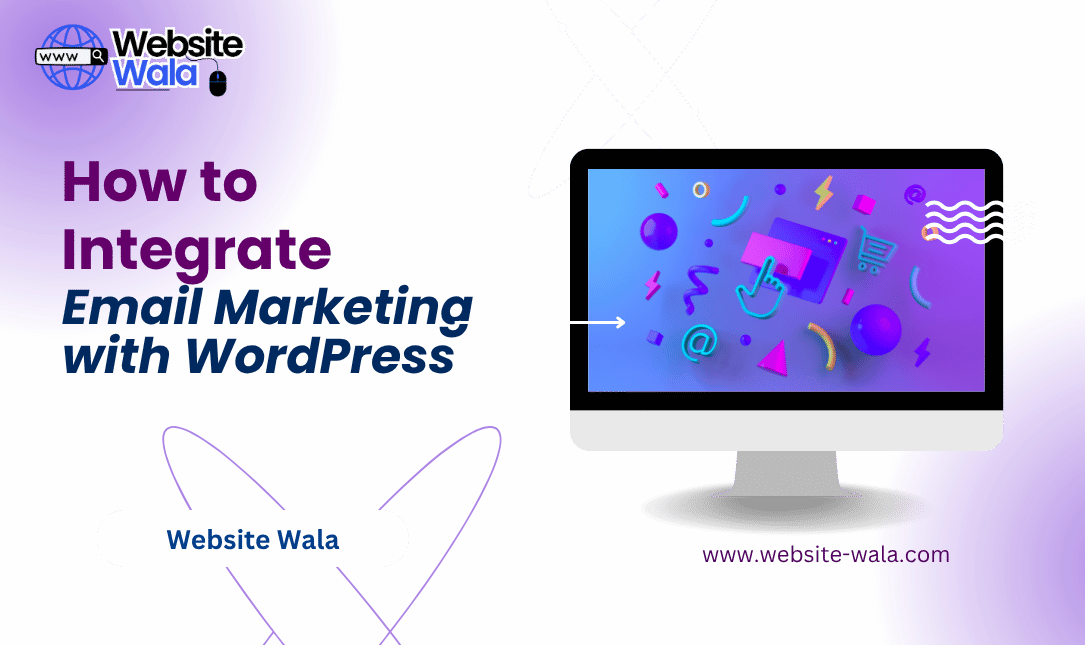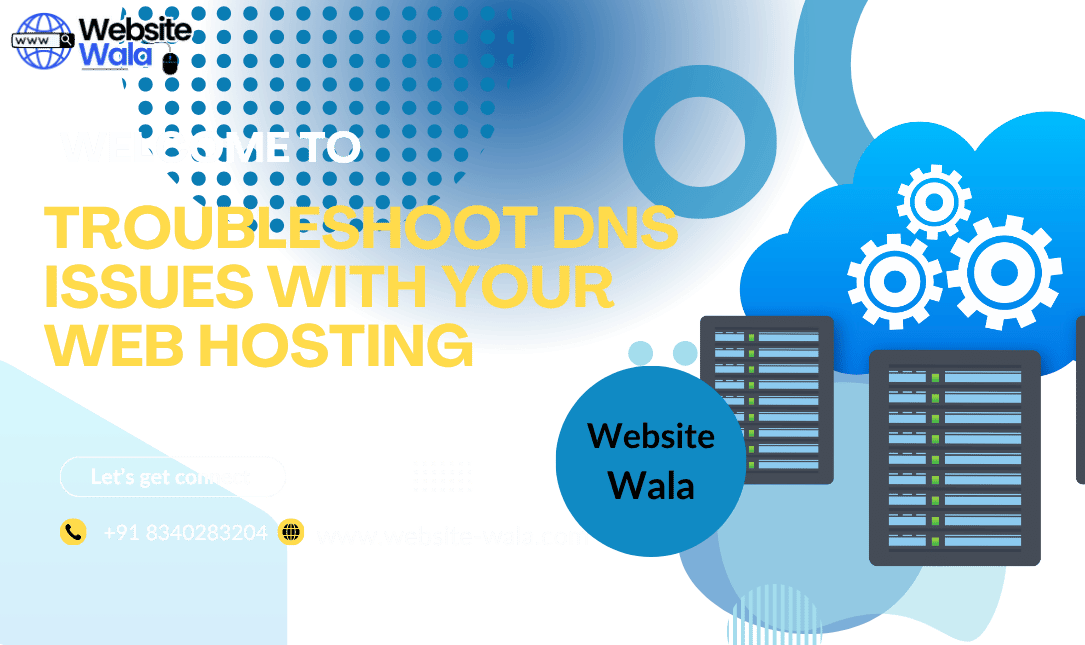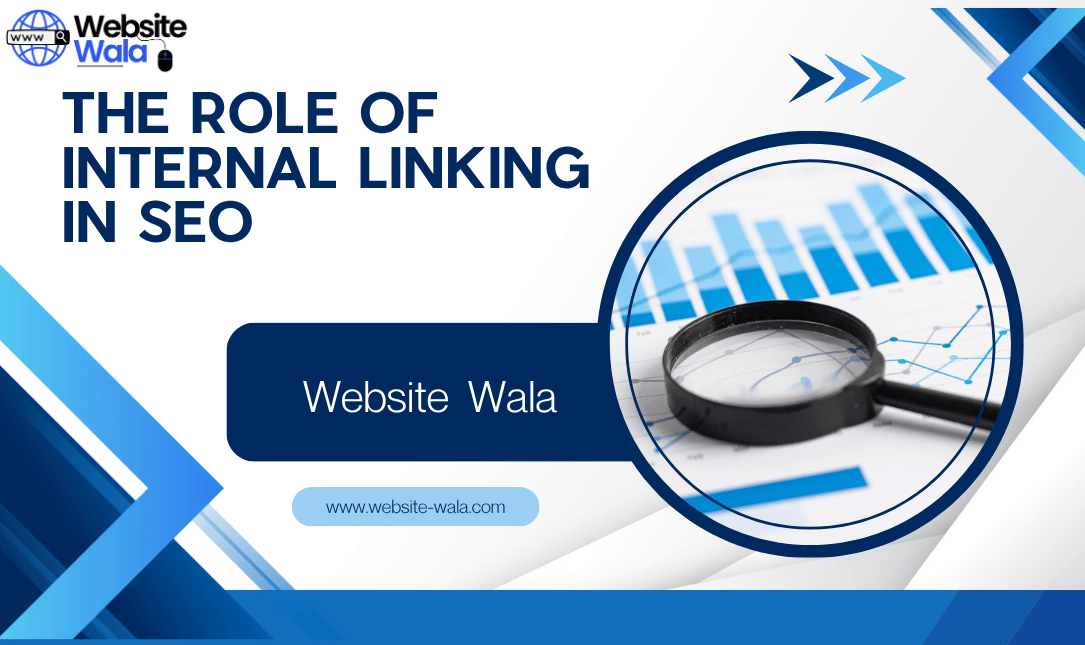
Discover the role of blogging in your digital marketing strategy to boost website traffic, brand authority, and online presence effectively.
Understanding The Role of Blogging in Your Digital Marketing Strategy
In today’s digital era, businesses must leverage every available tool to stay ahead. One of the most effective tools is blogging. Understanding the role of blogging in your digital marketing strategy is crucial for companies looking to expand their online presence, enhance brand authority, and drive consistent website traffic. Blogging goes beyond writing articles—it is a powerful component of a comprehensive digital marketing strategy.
How Blogging Enhances Your Digital Marketing Strategy
Blogging serves as the backbone of content marketing efforts. By creating valuable and informative content, businesses can attract and engage their target audience. Here are several ways in which the role of blogging in your digital marketing strategy becomes evident:
-
Boosting SEO Performance
Search engines reward fresh, high-quality content. Regular blogging ensures that your website remains active, increasing its chances of ranking higher on search engine results pages (SERPs). When integrated with proper SEO tactics, blogging improves your website’s visibility and drives organic traffic. -
Increasing Website Traffic
Every blog post is an opportunity to attract new visitors. Strategic use of keywords, internal linking, and engaging content ensures that users find your website when searching for relevant topics. Consequently, your digital marketing strategy benefits from a steady stream of qualified leads. -
Establishing Brand and Industry Authority
By sharing expert insights and actionable tips, your blog helps establish both brand authority and industry authority. Readers begin to trust your expertise, making them more likely to engage with your products or services. This trust translates into long-term customer relationships.
Integrating Blogging into Your Content Marketing Efforts
Content marketing revolves around delivering valuable information to your audience. Here, blogging is indispensable. A well-planned blogging strategy ensures that your content aligns with your business objectives, target audience, and overall digital marketing strategy.
-
Content Creation for Targeted Audiences
Effective blogging requires understanding your audience’s needs and preferences. By producing content that addresses these concerns, you enhance user engagement and foster loyalty. -
Supporting Other Marketing Channels
Blogs can amplify your presence on social media, email newsletters, and paid campaigns. Sharing blog content across channels ensures that your audience interacts with your brand at multiple touchpoints, strengthening your online presence.
Crafting a Successful Blogging Strategy
A strategic approach is key to maximizing the role of blogging in your digital marketing strategy. Consider these steps:
-
Identify Goals and Metrics
Define what you want to achieve—whether it’s increasing website traffic, improving SEO rankings, or building brand authority. Metrics such as page views, shares, and conversions help track your success. -
Keyword Research and Optimization
Incorporate relevant keywords naturally within your posts to improve search engine visibility. Focus on both primary and secondary keywords like blogging, content creation, and SEO to ensure your content reaches the right audience. -
Consistent Posting Schedule
Regular content updates signal to search engines that your site is active, boosting rankings. Consistency also builds trust with your audience, positioning your brand as a reliable source of information. -
Engaging and Valuable Content
Create content that informs, educates, or entertains. High-quality posts increase shares, backlinks, and user engagement—factors that strengthen your digital marketing strategy. -
Monitor and Adapt
Analyze the performance of your blog posts to identify trends and opportunities. Adapt your blogging strategy to meet changing audience needs and maintain relevance in your industry.
Benefits of Blogging for Your Overall Digital Marketing Strategy
The advantages of understanding the role of blogging in your digital marketing strategy extend far beyond content production:
-
Enhanced SEO and Organic Reach: Blogs improve search engine visibility, driving long-term traffic.
-
Stronger Brand Authority: Regular, informative content positions your brand as a trusted voice in the industry.
-
Lead Generation Opportunities: Blog posts can include calls-to-action that guide visitors through the sales funnel.
-
Improved Customer Engagement: Interactive and educational content encourages readers to interact with your brand.
-
Cost-Effective Marketing: Blogging is an affordable way to support your digital marketing strategy, offering long-term value compared to paid advertising.
Measuring the Impact of Blogging
Tracking the success of your blogging efforts is essential. Metrics to monitor include:
-
Website Traffic: Assess the increase in organic and referral traffic from blog posts.
-
SEO Performance: Track keyword rankings, backlinks, and domain authority.
-
User Engagement: Monitor comments, shares, and time spent on blog pages.
-
Lead Generation: Evaluate conversions resulting from blog-driven calls-to-action.
These insights help refine your blogging strategy, ensuring that each post contributes effectively to your digital marketing strategy.
Conclusion
Recognizing the role of blogging in your digital marketing strategy is essential for businesses seeking to thrive in the online landscape. Blogging enhances SEO, boosts website traffic, strengthens brand authority, and supports broader content marketing initiatives. A thoughtful blogging strategy, combined with consistent content creation and monitoring, positions your brand as an industry leader and maximizes the impact of your digital marketing strategy.
Investing in blogging is not just about writing articles—it’s about building an influential online presence, establishing credibility, and creating lasting connections with your audience. Embracing this strategy ensures that your brand remains visible, trusted, and competitive in the ever-evolving digital marketplace.























